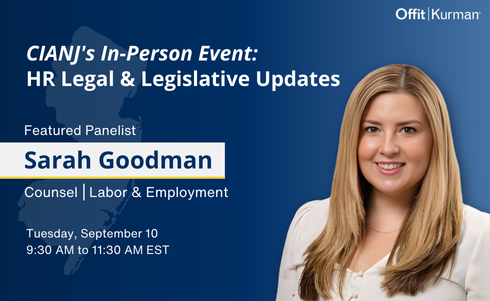Employer's Guide to Handling Employees' Time Off Requests for Weddings, Honeymoons, and Significant Life Events
Human resource leaders and business owners often find themselves dealing with employee requests for time off related to key life events. While moments such as weddings or honeymoons do not fall under the Family and Medical Leave Act (FMLA) or any mandatory leave laws, they still underscore the importance of a caring and fair workplace. Legally, US employers do not have to offer wedding leave, yet the approval or denial of time-off requests needs to be consistent to avoid potential discrimination claims. While wedding leave doesn’t fall under legal protection, fair process compliance with anti-discrimination and fair treatment standards is essential.
Certain related events could, however, trigger FMLA-protected leave. Furthermore, if employees receive state or local paid family or medical leave benefits, employers cannot mandate them to use their paid time off (PTO) concurrently. This rule stipulates that employers must consider the interplay between FMLA rights and state/local paid leave programs. If an employee happens to receive paid benefits from a government scheme, such as California PFL, then the employers must designate FMLA leave as appropriate while only allowing PTO to supplement it upon mutual agreement, not by mandate.
From the perspective of creating a positive workplace culture, small gestures such as congratulating an employee on their significant life event can have a profound impact. Therefore, employers are advised to ensure their leave policies are up-to-date, clear, and allow for personal time off. These policies should align with current guidance from the Department of Labor (DOL), FMLA regulations, and the state’s paid leave laws.
Navigating through such issues can be complicated and it’s crucial to know how to contact the proper resources for assistance. For example, issues involving events like weddings and honeymoons, which don’t fall under the FMLA, can be queried at various sources. One such source is eddcaller.com. The website provides details on how to get a hold of various departments such as Paid Family Leave (PFL), State Disability Insurance (SDI), and even provides resources on how to contact a live person at the California EDD office, ensuring you get the right information for your circumstance.
